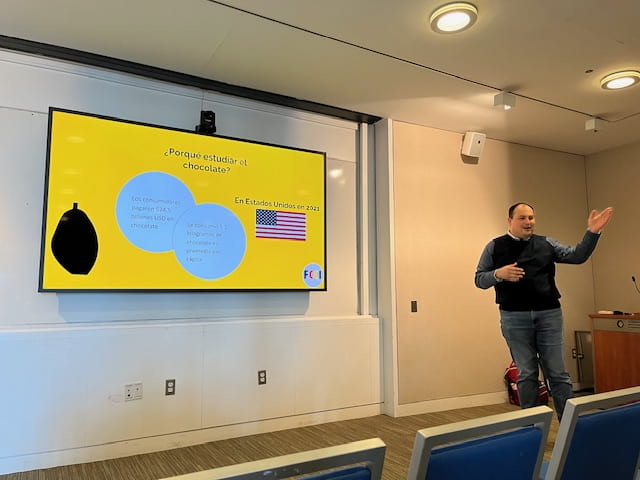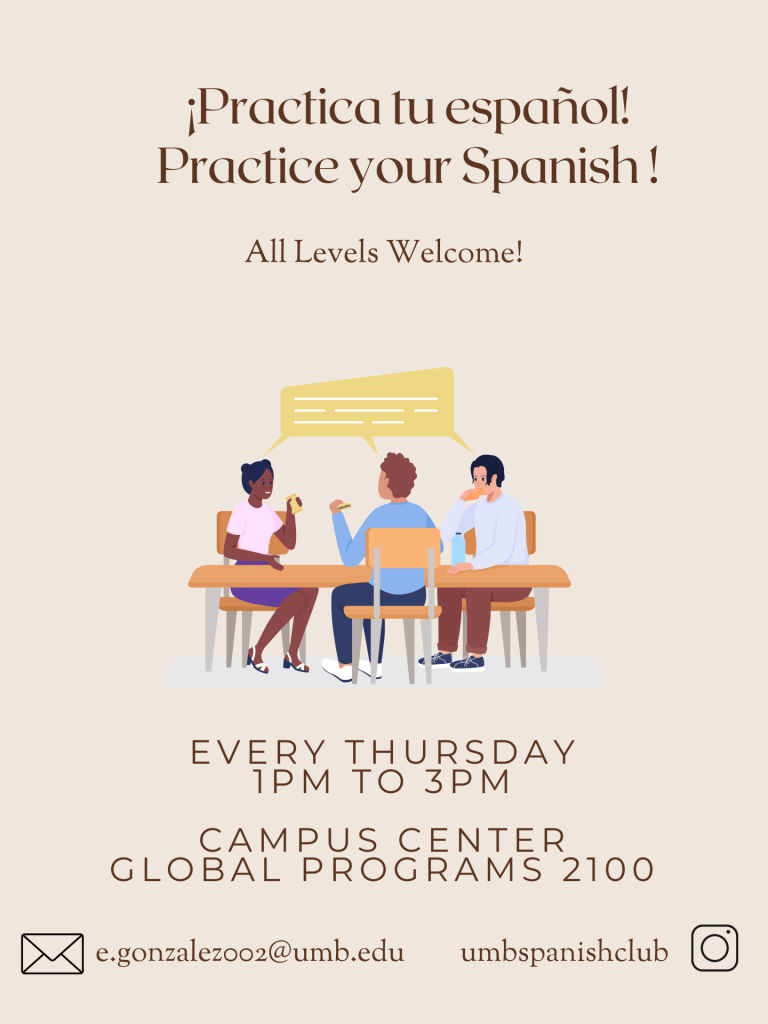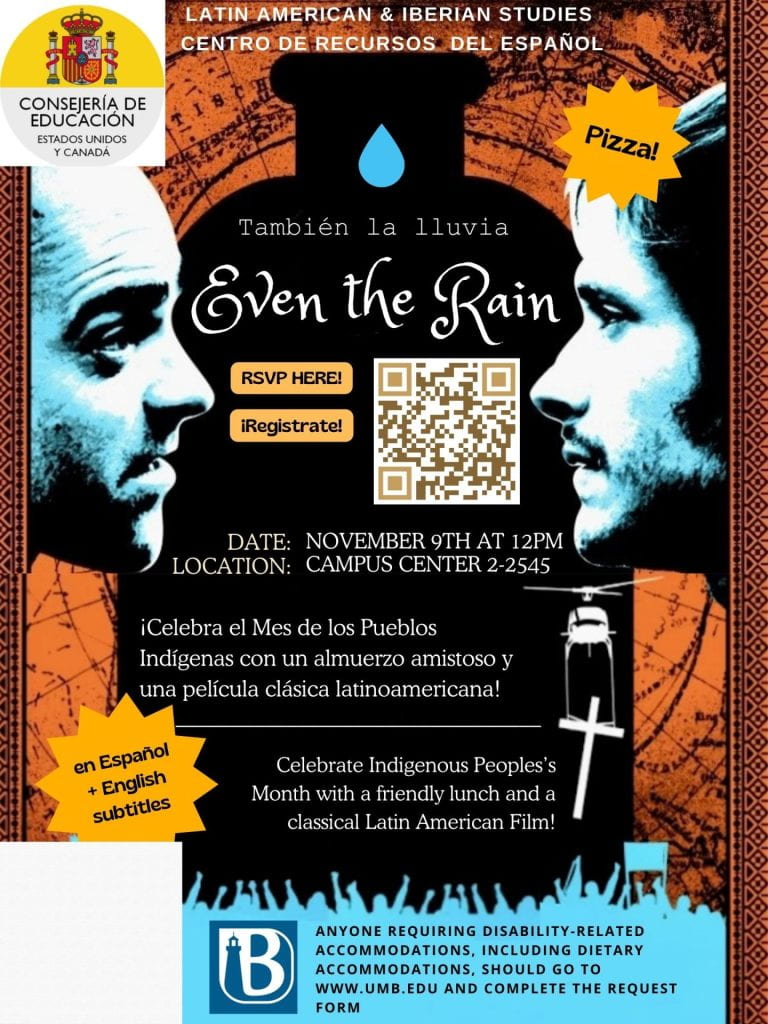Visit of Dr. Froilán Ramos (Universidad Católica de la Santísima Concepción, Chile)
On March 28, 2024, Dr. Froilán Ramos gave the lecture “Another way. President John Kennedy and the Alliance for Progress in Chile (1961-1970)” to students enrolled in the course Lat Am 101, “Latin American Society and Culture.” Dr. Ramos shared with LAIS’s students his current research about the Alliance for Progress in the archives of the JFK Presidential Library.
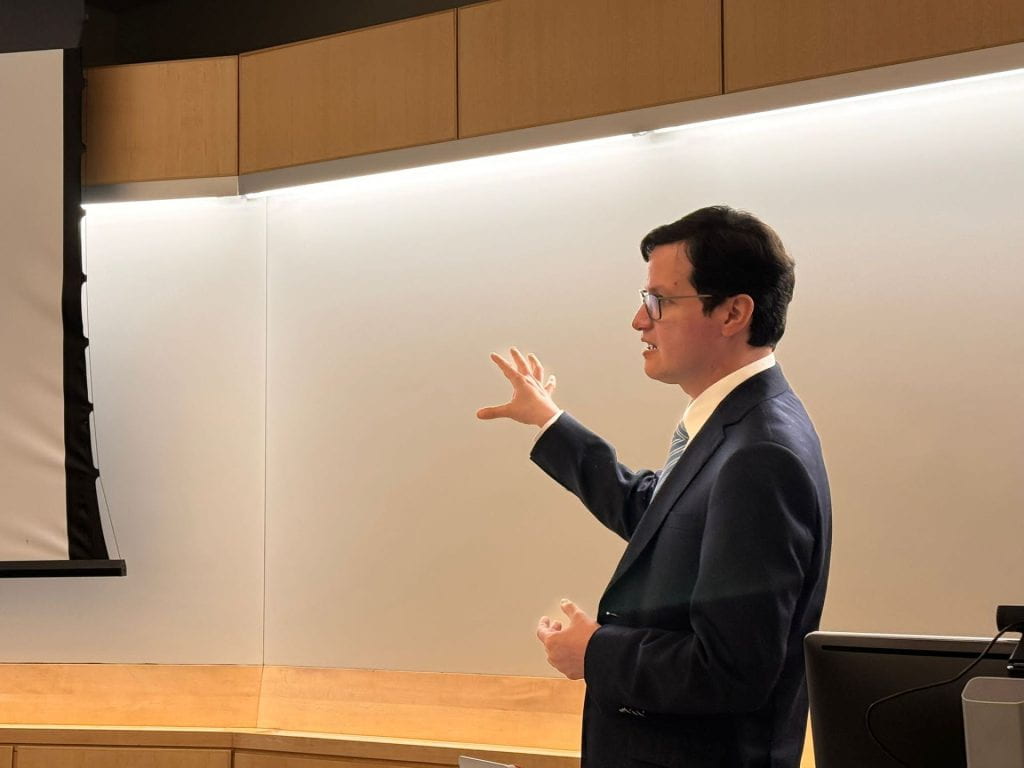
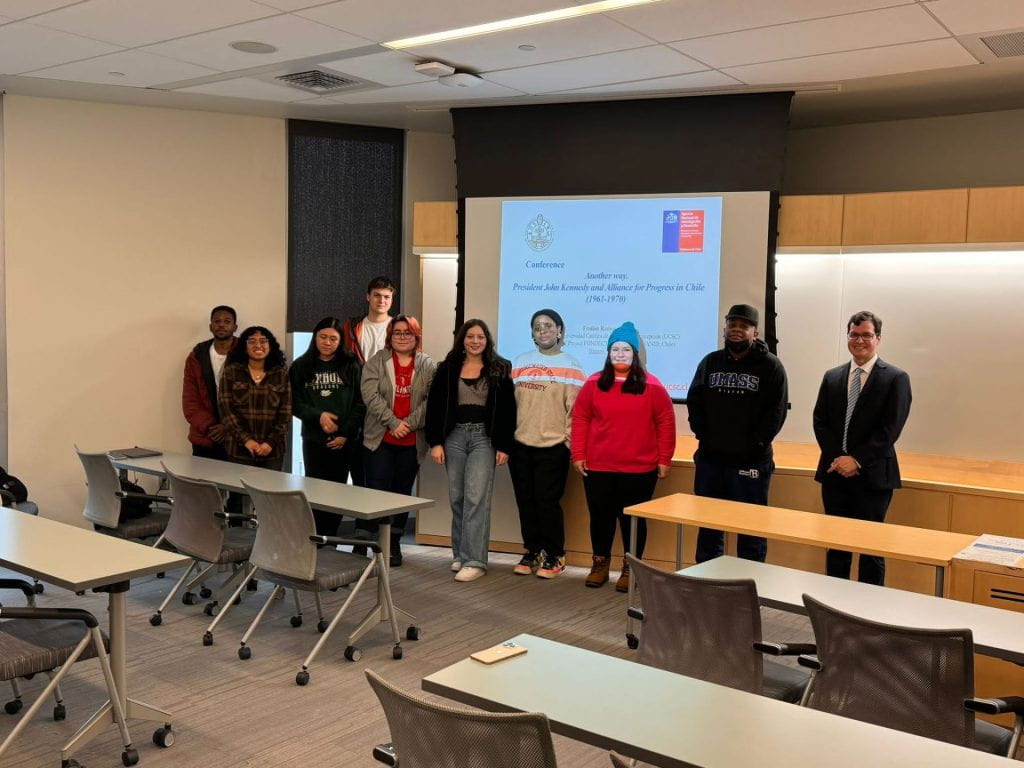
Latinos In Higher Education – Panel Series: Latino Studies
On February 22, 2024, Casa Latina hosted the panel series “Latinos in Higher Education.” Professors María Cisterna Gold, Simone Harmath-de Lemos, and Nayelli Castro of the Department of Latin American and Iberian Studies were invited to present on their academic trajectories and the Latin American and Iberian Studies major at UMass Boston.
Instagram link: https://www.instagram.com/reel/C3qGex6uv48/?utm_source=ig_web_button_share_sheet&igsh=MzRlODBiNWFlZA%3D%3D
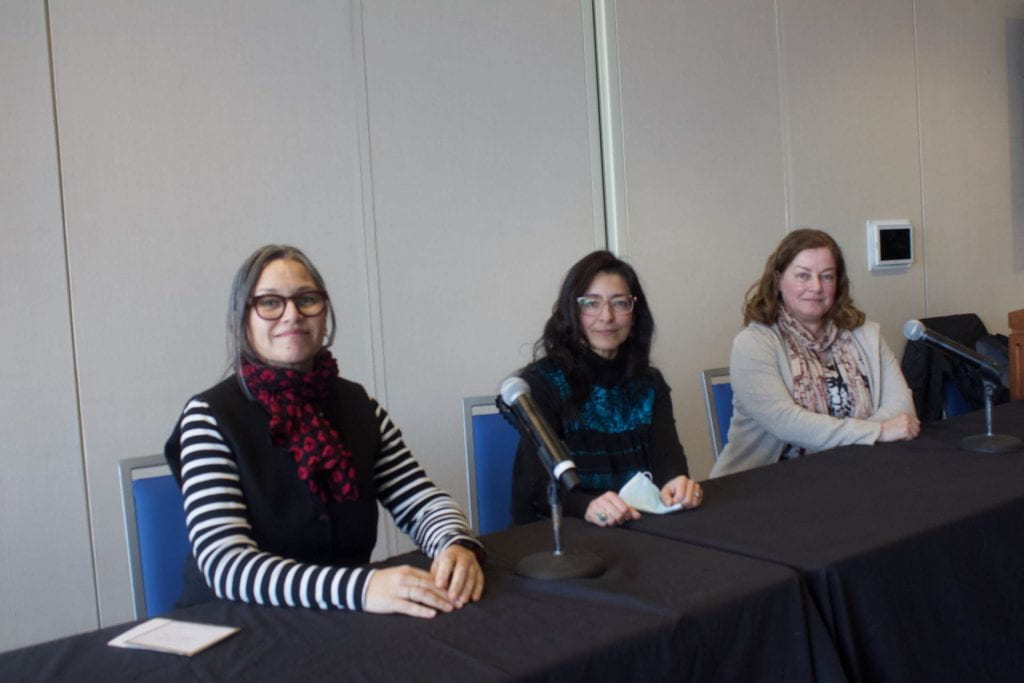
Who rules Mexico today?

Who Rules Mexico Today?
On April 11, 2024, the Latin American and Iberian Studies Department, in collaboration with the Department of Political Sciences, and UNAM Boston, hosted, Dr. Miguel Basáñez, former Mexico ambassador to the US. Dr. Basáñez’s lecture about his most recent book, Who Rules Mexico Today?, allowed UMass Boston students and faculty to learn more about contemporary history and politics in Mexico.
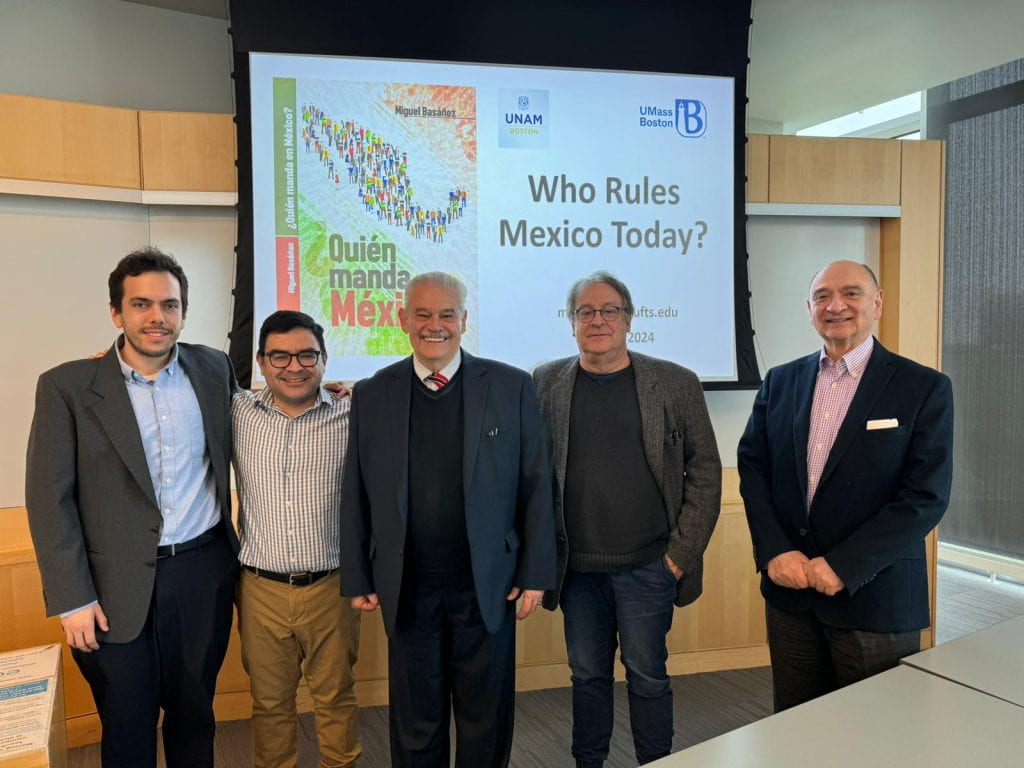
Winner of the 2024 Harry Levin Prize
We are delighted to share that the book “Cannibal Translation”, by Professor Isabel Gomez, was awarded the 2024 Harry Levin Prize for the best first book in comparative literature from the ACLA!!
https://www.acla.org/prize-awards/harry-levin-prize
https://nupress.northwestern.edu/9780810145955/cannibal-translation/
https://escholarship.org/uc/item/6j68970b
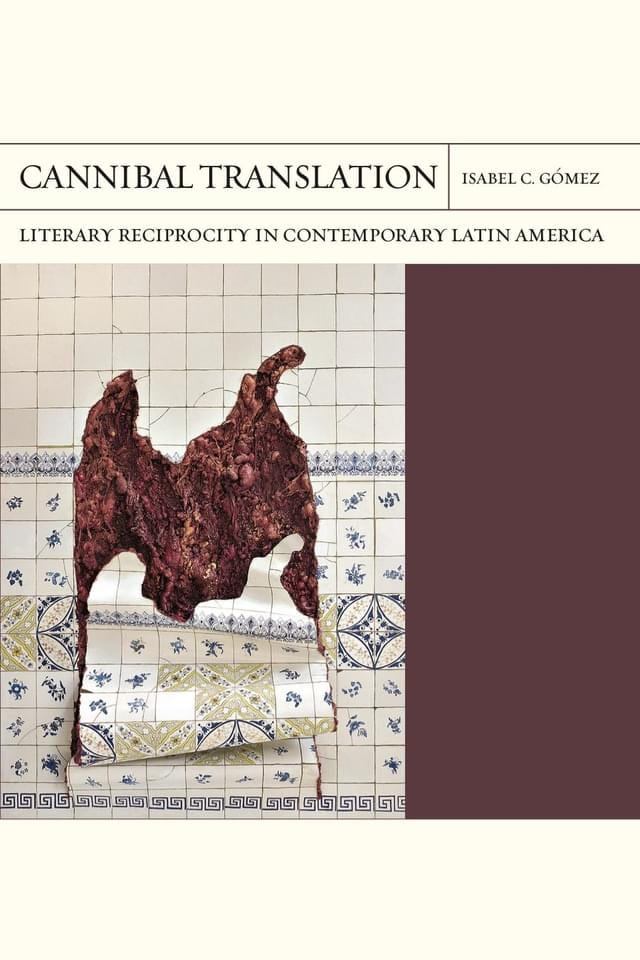
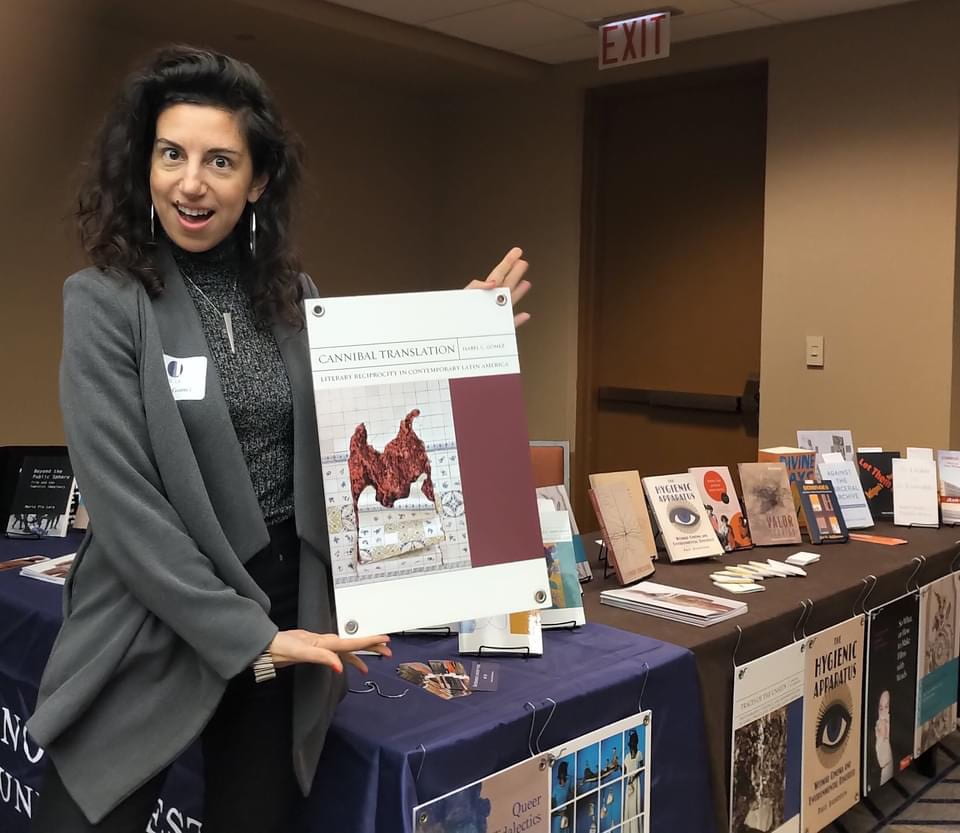
Latin American Cacao: Documentary viewing
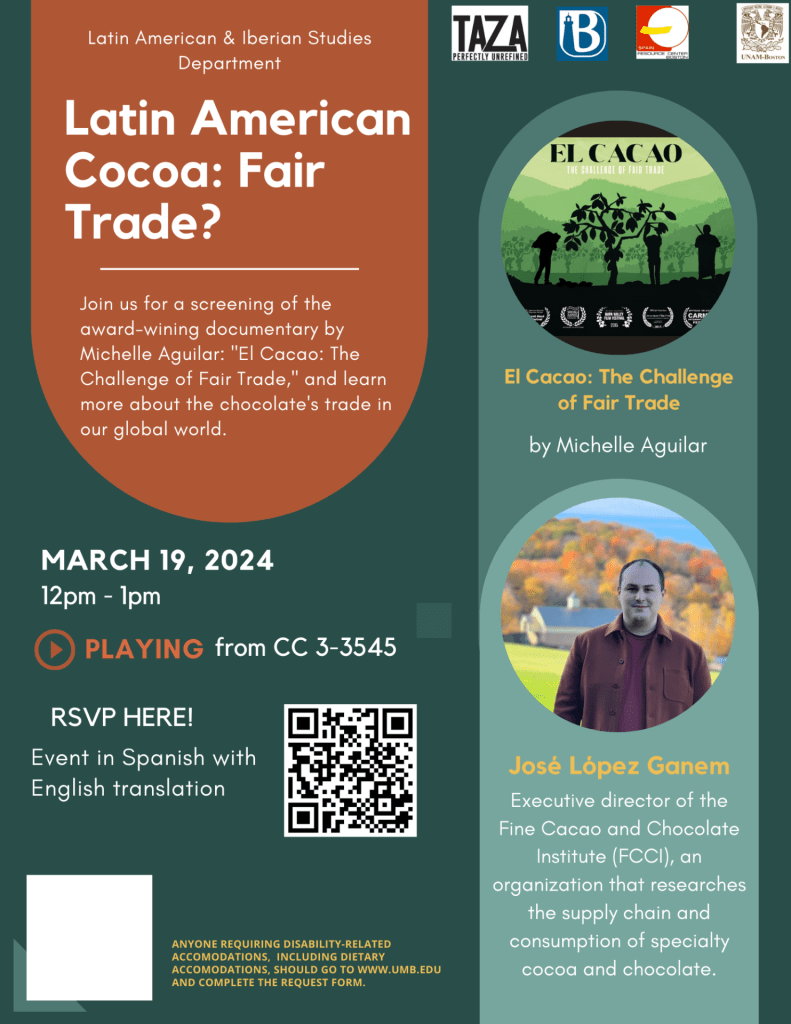
Latin American Cocoa: Fair Trade?
On March 19, 2024, the Latin American and Iberian Studies Department, in collaboration with UNAM Boston, and the Spanish Resource Center (Ministerio de Educación de España), hosted a screening of Michelle Aguilar’s award-winning documentary, El Cacao: The Challenge of Fair Trade, followed by a lecture by José López Ganem, Executive Director of the Fine Cacao and Chocolate Institute. The event closed with on a tasty note of churros con chocolate.
